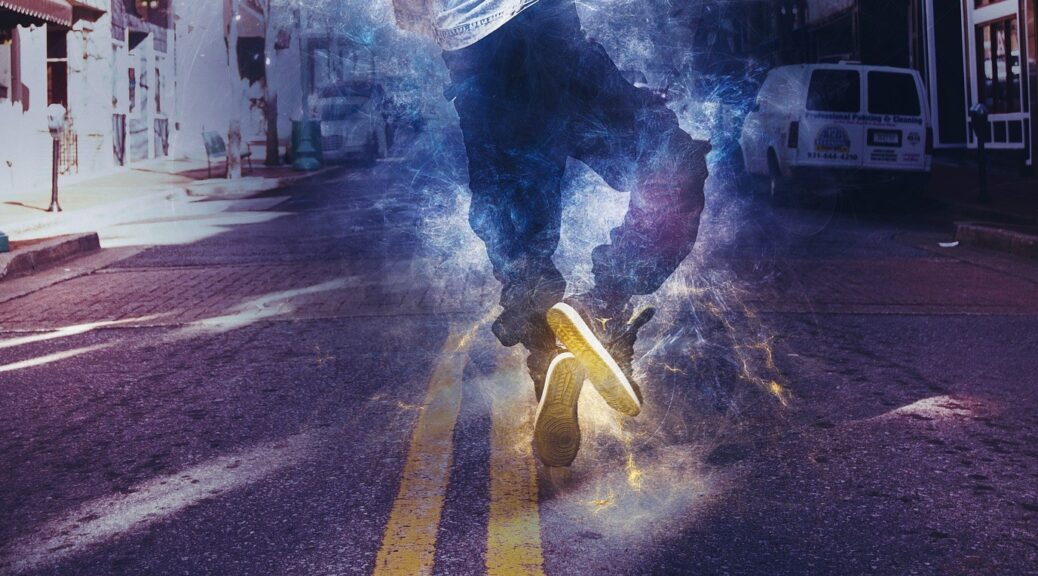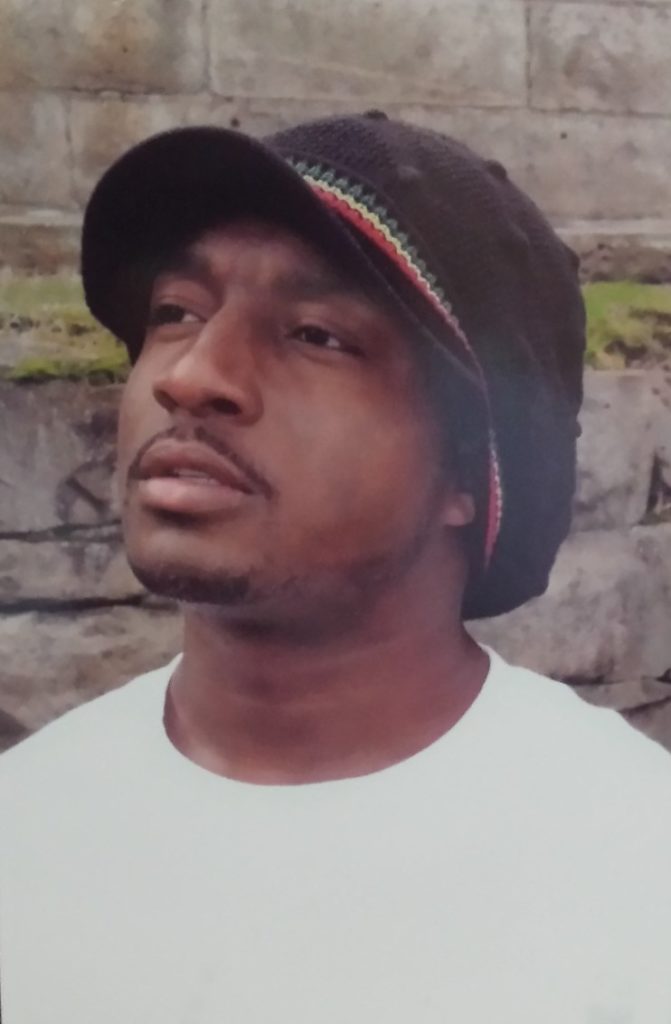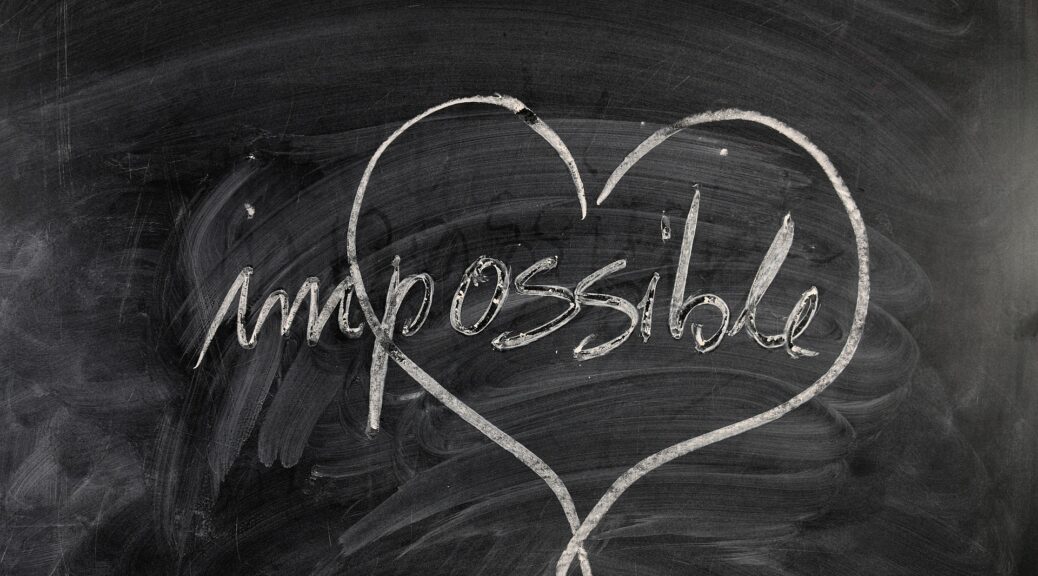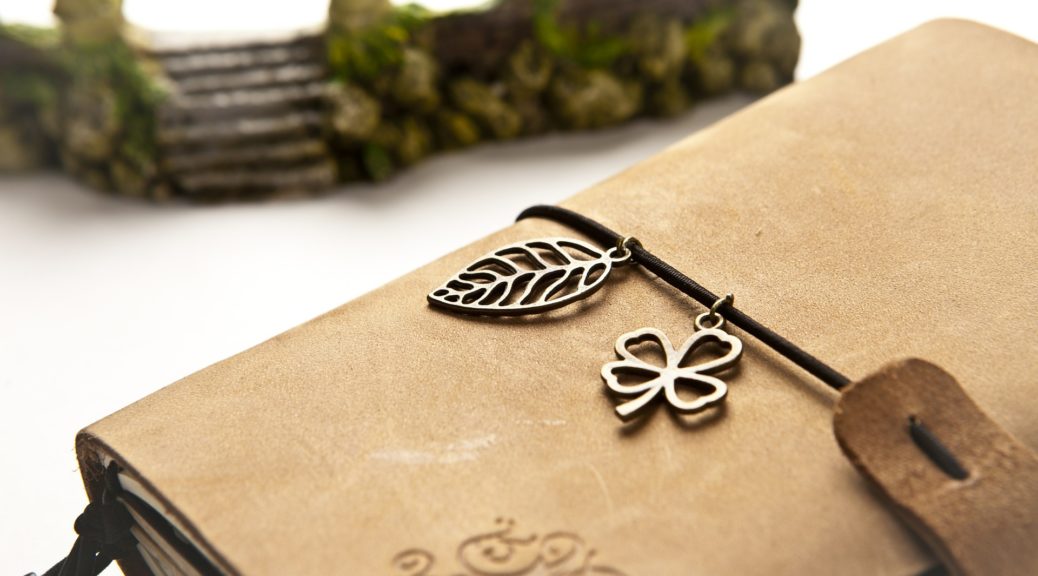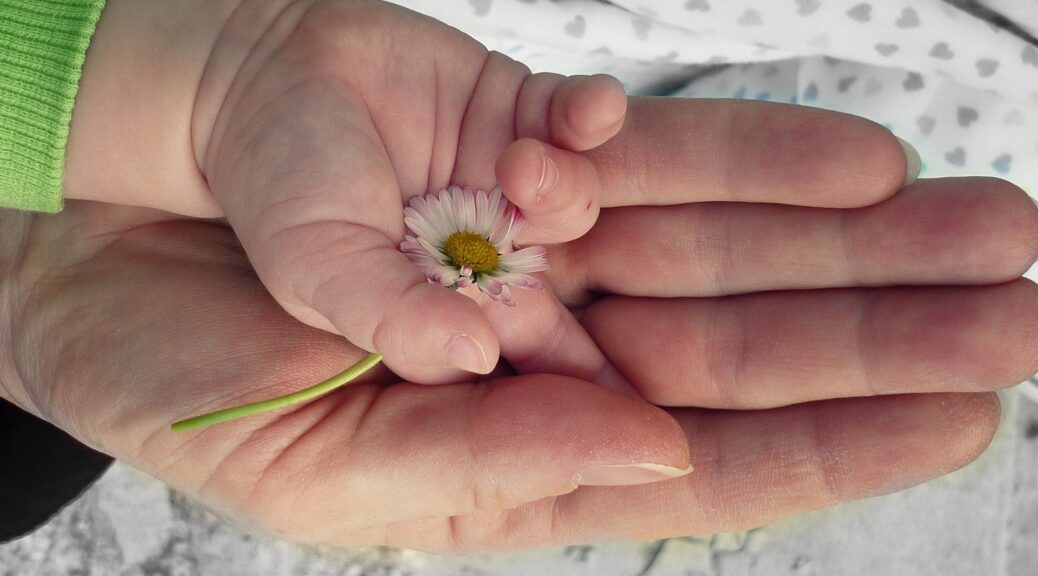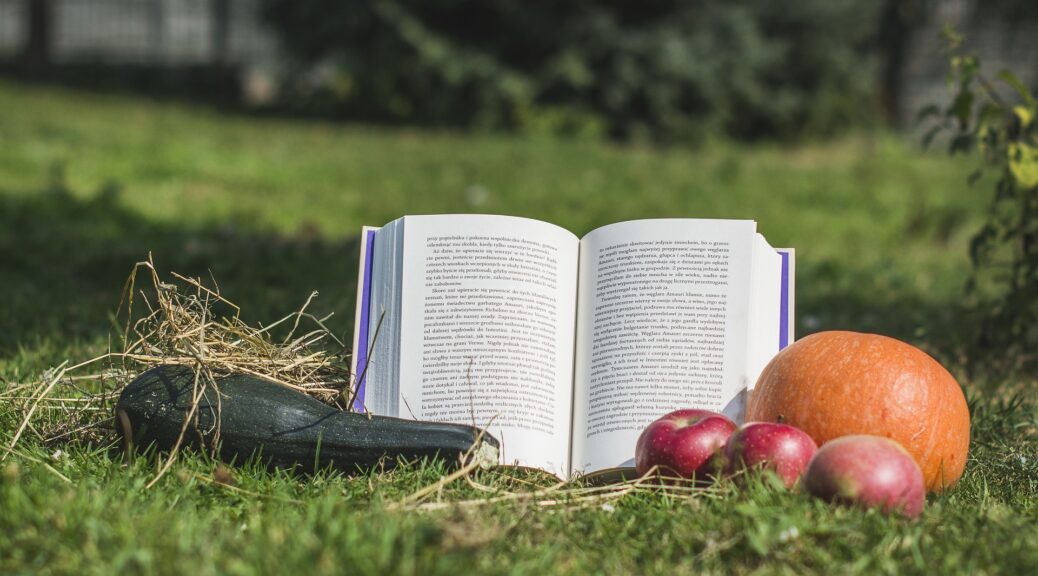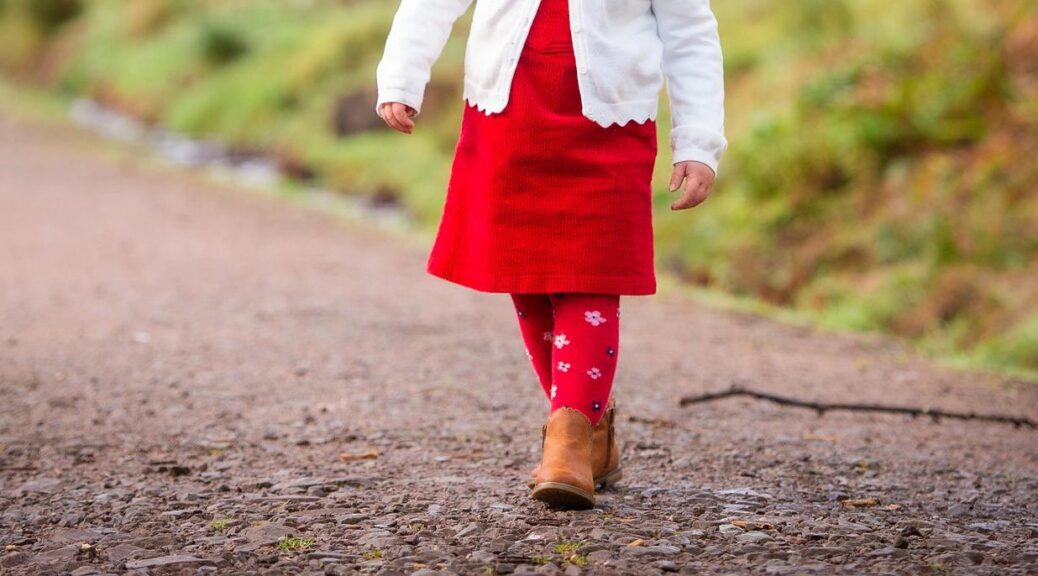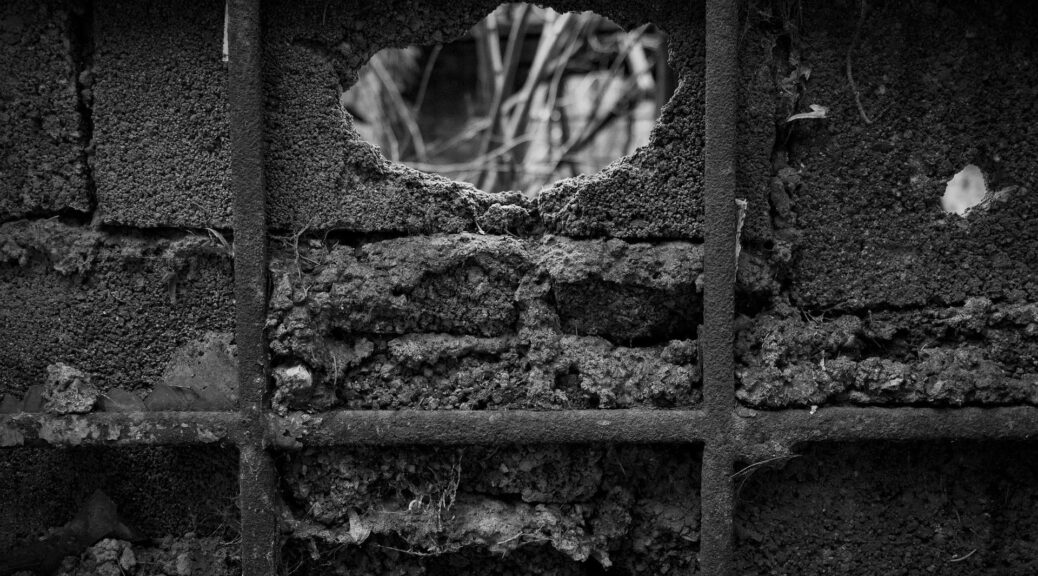My Grandma Bea – short for Beaulah – taught us how to fish. She’d kick back in an armed beach chair with a big floppy hat and appear to be asleep. Every so often she’d give the line a tug. When asked why she’d come all the way out to the lake to take a nap, she’d respond, “The wind causes ripples on the lake that distort how you see the fish, and how the fish see you. Only by closing your eyes can you see and be seen clearly enough to catch their attention. Everybody knows that!”
I’d been dreaming of the moment all my life – the day my Dad would show up to get me and my life, my world, would change. Such dreams are made up of layer upon layer of desire, memory and imagination. They make no pacts with reality. Only plans have the power to connect the two.
My sister and I were playing a video game when Grandma Bea answered the knock at the door that afternoon with a shriek of joyful surprise, “Hey, boy! Come on in here!”
“How are ya doing, Bea? It’s been too long.”
The man’s voice was unfamiliar. The timber, the basso, the speech pattern were all new to my sister and me. After he followed Bea into the living room, she announced in her boombastic fashion, “Boy, this is your daddy!”
Now let me pump my brakes here for a moment and cloud the water. My sister and I had, for as long as I could remember, played the ‘I Wish Momma Was Alive’ game. It’s a game played by all motherless children, but we only ever played it with each other. It was our most sacred time, our most private pact, a connection all our own.
However, it was her father who had killed our mother and left us without. Motherless. So, when I’d express dreams of my dad coming back, it was to get us – not me. The first thing of value I’d ever shared. He took us both for ice cream and we all hung out on the beach. It was cool!
Now, I’d never met my dad. We’d traded pictures when I was about six or so, but that was it. At twelve years old, I looked so much like him that family and friends who saw us together for the first time did a double take. He couldn’t take his eyes off of me! Looking back, it was obvious that I wasn’t the only one who had been dreaming.
What I didn’t know was that the emotion of such long awaited events can place blinders on the most experienced adults and blind children altogether. Not just for a moment, but for years. Ignorance has no shelf life, and while dreams are oft powerful, wonderful, magical things, I never thought they could be dangerous too.
My little sister, whom I‘d shared a bed with for half of my twelve years, must have seen and felt the way my dad looked at me and remembered the excuse we’d been told he’d used to leave me behind in Compton – it had been her.
My grandmother wasn’t going to allow her murdered daughter’s only childen to be raised apart at the time. She also wasn’t going to deny a man who she had known his entire life the chance to raise his son. So, she told him that he had to take us both or he couldn’t have me. It was biblical and the excuse he needed to avoid an obligation he’d felt boxed into showing up for. He ran from the house as if his hair was on fire!
The only reason he was here now, all these years later, was because he had fallen on hard times and had to move his three children and pregnant wife back into his mother’s three-bedroom with my aunt. They were only 24 miles away. But kids avoid the ‘whys’ of their rejection. Such is the danger of dreams. Distortions. Ripples.
My sister must have seen how the love in his eyes excluded her from the dream, the promise I’d made in the dark, sealed with our tears and our motherless wants.
The next week we went to visit my pregnant step-mom, my two younger brothers and my step-sister, who was about nine years old. A ready made family. While the adults were away on a shopping trip, I was left with all of my siblings. My little sister locked my stepsister out of the house until she was in tears. I scolded her for it. I was embarrassed that she would do something like that on a visit.
What made it worse was that, caught up in my own emotions, I never stopped to ask why she would do it. She’d rarely ever been aggressive or mean. But I missed it! And it’s possibly one of the biggest mistakes in a life full of mistakes. I was angry and I must have been cruel and unloving, rejecting the sister I’d shared a life with for the sister I’d just met – not my intent at all.
The situation had so angered my grandma Bea that she threatened to beat me over it, but all I heard was her angry attack. So I sought to defend what I never intended in the first place, eyes wide open, I thought my vision clear at the time.
Adults do not have it in them to not think about what comes next – that is the breath catching province of children. Adults have experienced too many consequences for that ‘next’ to be ‘the’ factor. Their minds have been trained, much like a dog with a newspaper is taught to sit, roll over, or to play dead.
But at twelve years old, adults would yell, and I would just shut down and defend. I didn’t know how to think my way through being wrong. It’s vital because the best lies ever told happen in the vacuum of your mind, simply because there’s no one there to call ‘Bullshit!’
I went to live with my father and didn’t see my sister again for more than 18 months, the longest we had ever been apart in our young lives. We’ve never spoken of that day, that time, the things that I said and did, or the rift between us that has been growing for more than 37 years. I never told her how sorry I am, for all of it was my fault. That sorrow eats away at my bones, one of the worst things I’ve ever done.
I haven’t spoken to my mother’s only other child in more than 22 years. Still waters run deep. Doing ninety years in prison, I get reports on the activities of her life from family even as my life stands still. The irony of that balance is not lost on me.
I recently met her son as he came through the system, a man that I didn’t know who had only heard rumors of an uncle he never thought was real. She still doesn’t accept my call. Family has ever been like eating spaghetti with a spoon. Doable, but only if you are very hungry. Love and efforts simply are not enough at times, yet they are the only bait worthy of fishing with.
So, I’ll cast again, for life, until my arm gives out. Then I’ll switch hands. What I won’t do is act as if the reflections cast by the ripples on the surface of the water are real. The pain of our casting, in reality, causes a splash and sinks much deeper than we know. It’s the ripples of our dreams that distort our vision. So, I’ve been resting my eyes when I fish and hoping that my little sister remembers to do the same. Who knows, maybe then we can see each other again, or at least more clearly. But fishin’ ain’t catchin’.
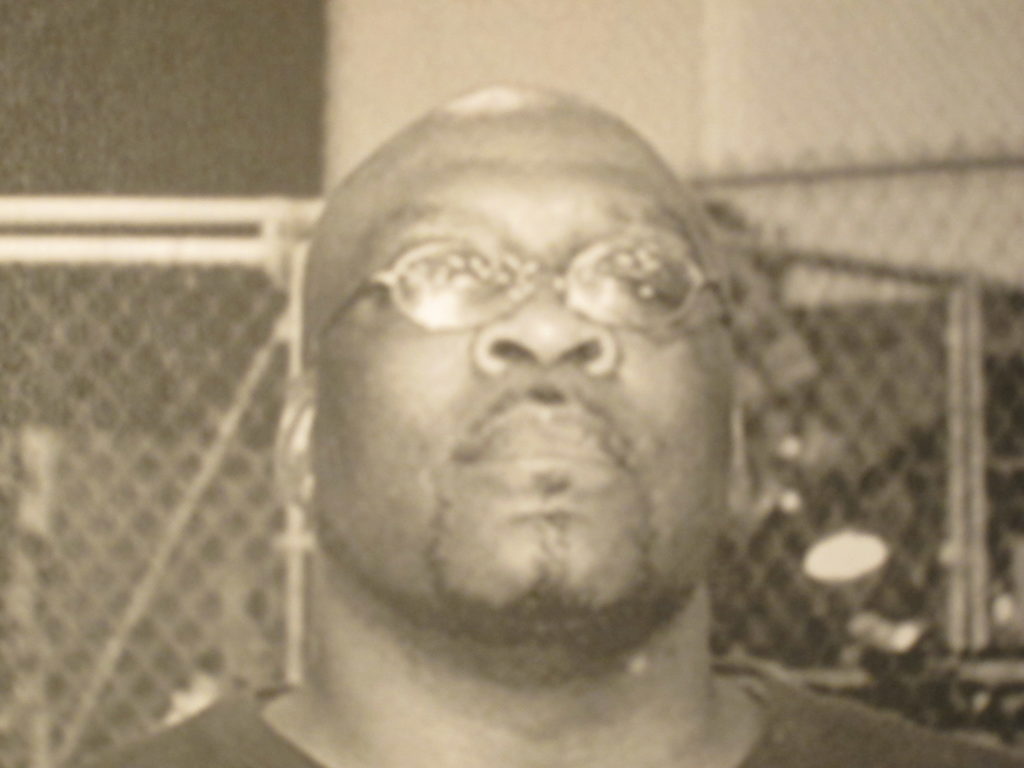
ABOUT THE WRITER. DeLaine’s descriptive way of writing always paints pictures in my mind. He has a way of taking you back in time with him, to places you have never been. I’m hoping one day he will put together a book, and I will be first in line to purchase it. I simply love his writing.
Mr. Jones has served over three decades for a crime he committed when he was seventeen years old, a juvenile. He can be contacted at:
DeLaine Jones #7623482
Snake River Correctional Institution
777 Stanton Blvd
Ontario, Oregon 97914-8335
![]()

